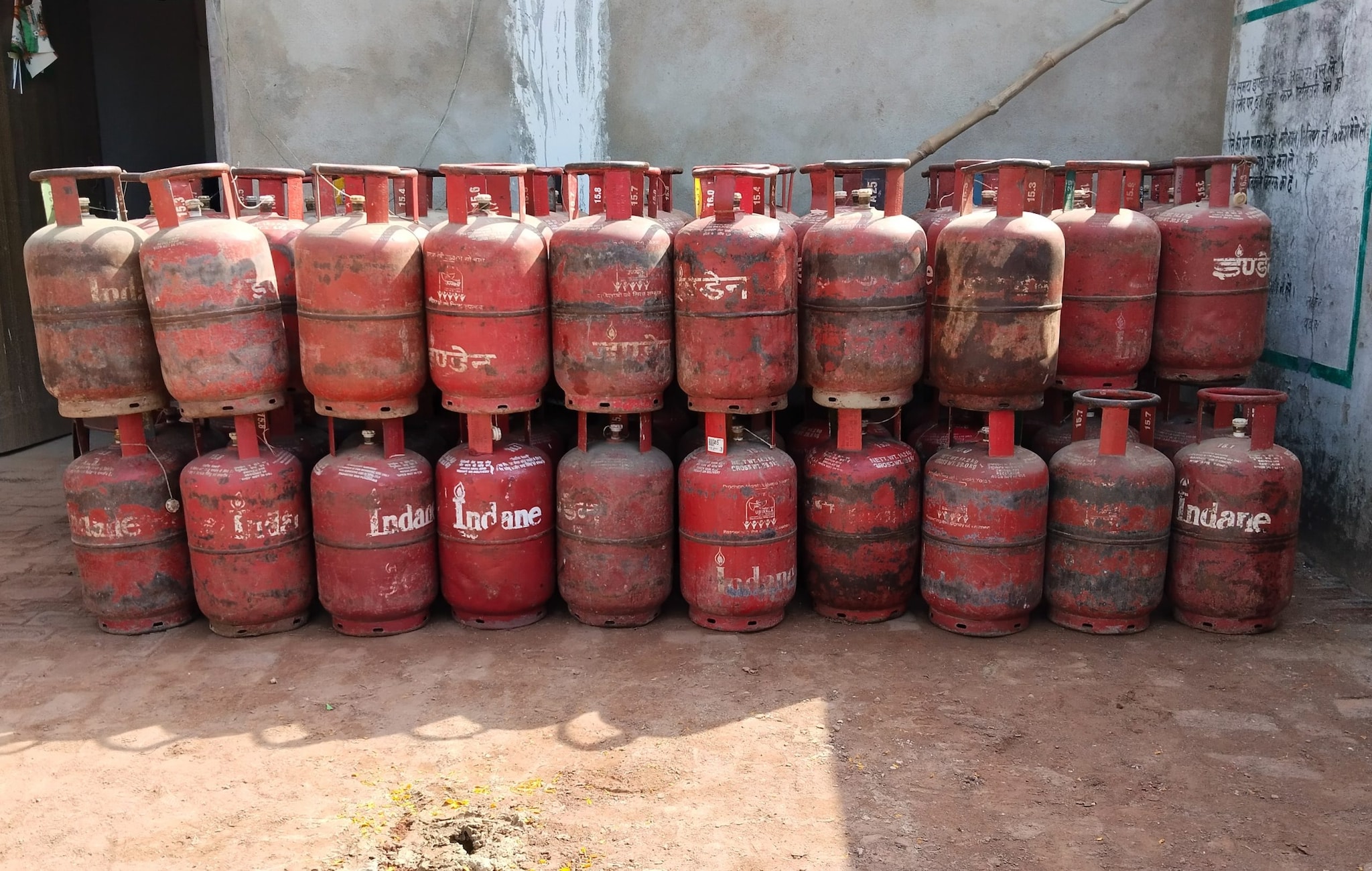OTTAWA - For weeks last fall, Conservative Leader Pierre Poilievre challenged the Liberals to take Canadians to the polls for what he called a "carbon tax election." Read this article for free: Already have an account? To continue reading, please subscribe: * To continue reading, please subscribe: *$1 will be added to your next bill. After your 4 weeks access is complete your rate will increase by $0.
00 a X percent off the regular rate. OTTAWA - For weeks last fall, Conservative Leader Pierre Poilievre challenged the Liberals to take Canadians to the polls for what he called a "carbon tax election." Read unlimited articles for free today: Already have an account? OTTAWA – For weeks last fall, Conservative Leader Pierre Poilievre challenged the Liberals to take Canadians to the polls for what he called a “carbon tax election.

” The idea would have put party platforms on climate front and centre in the race, alongside concerns about immigration, housing affordability and inflation. But the Liberals’ move to end the consumer carbon price, and U.S.
President Donald Trump’s tariffs and annexation talk, have pushed concerns about climate policy to the bottom of the pile. Liberal Leader Mark Carney makes an announcement during a federal election campaign stop at Intelligent City in Delta, B.C.
, on Tuesday, April 8, 2025. THE CANADIAN PRESS/Sean Kilpatrick “With the exception of, say, the last six weeks, climate was regularly polling around the 4th or 5th biggest issue among Canadians,” said Eddie Sheppard, vice-president of insights at Abacus Data. Polling data Sheppard shared with The Canadian Press suggests that only five per cent of voters now list climate change among their top two election issues, and that 14 per cent list it among their top three.
“That’s not to say that climate isn’t important, right? In a poll we did a few weeks ago, 69 per cent of Canadians are concerned about the impacts of climate change over time,” he said. “So right now, it’s not a not a top of mind issue for Canadians, but it still is a very important issue.” Midway through the 2021 federal election, Angus Reid reported that almost one in five Canadians it surveyed were citing climate change as their number 1 issue in that election.
In an exit poll done just after that election, Leger reported that almost three in five voters said they couldn’t vote for a party that lacked a credible climate plan. The lower voter interest in climate in 2024 is showing up in how the parties are campaigning. Approaching the midway mark in the federal election campaign, Canada’s main party leaders have presented few options to address climate change.
Liberal Leader Mark Carney promised Monday to establish at least 10 new national parks and marine conservation areas, along with 15 more urban parks. He also said he would create a $100 million “strategic water security technology fund” and introduce legislation that would protect First Nations communities’ right to clean water. Conservative Leader Pierre Poilievre has promised throughout the campaign to boost Canada’s oil and gas exports.
On Monday, he pitched liquefied natural gas projects as a way to reduce worldwide emissions by “allowing India and other Asian countries to use our gas instead of dirty coal.” NDP Leader Jagmeet Singh pitched a plan on March 31 to eliminate tax breaks for oil and gas companies and use the money to fund energy-saving retrofits for about three million Canadian homes. Poilievre and Carney did commit to climate policies before the campaign began but haven’t made campaign announcements on them since the election began on March 23.
They include Poilievre’s promise of incentives for businesses who cut their own emissions — a replacement for industrial carbon pricing, which he has vowed to end. He’s previously spoken of using “technology, not taxes” to fight climate change. During the Liberal leadership race, Carney promised to encourage Canadians to make greener choices, in lieu of consumer carbon pricing — which he eliminated on his first day in office — while maintaining industrial carbon pricing.
Sheppard said Canadians can get behind such incentives. “The challenge is right now they can’t see themselves as being able to afford it, so there’s a perception that it costs too much and they can’t take them on right now,” Sheppard said. “Canadians are very supportive of incentives in terms of, ‘How can you incentivize the construction of homes.
’ Because obviously we’re going through a time right now where they’re going to be proposing constructing hundreds of thousands of homes.” Sheppard said such a push creates an opportunity to build environmentally sustainable homes. “And Canadians really appreciate that idea.
But they need incentives, right?” he said. “They think that, you know, the buyer should be incentivized, but they also think that builders should be incentivized to incorporate these elements.” During Elections Get campaign news, insight, analysis and commentary delivered to your inbox during Canada's 2025 election.
Liberal cabinet minister Steven Guilbeault — an environmental activist who spent more than three years as Trudeau’s environment minister before Carney shifted him to the heritage file last month — said climate is still among the topics coming up while he’s out door-knocking. While he said he wasn’t surprised by the polling numbers given other issues facing Canadians, he didn’t lament the lack of climate talk among party leaders during the campaign so far. “It tends to be the public that tells us what they want us to talk about, what their priorities are.
Not the other way around,” Guilbeault said. “I’ve seen a lot of polling that shows the environment and climate are number four or five in terms of priorities right now. Which, in context, is pretty amazing, like amongst cost of living issues, housing, tariff wars.
Ten or 15 years ago, climate would have fallen to number 18, or something like that. So, it’s still there.” This report by The Canadian Press was first published April 9, 2025.
Advertisement Advertisement.















